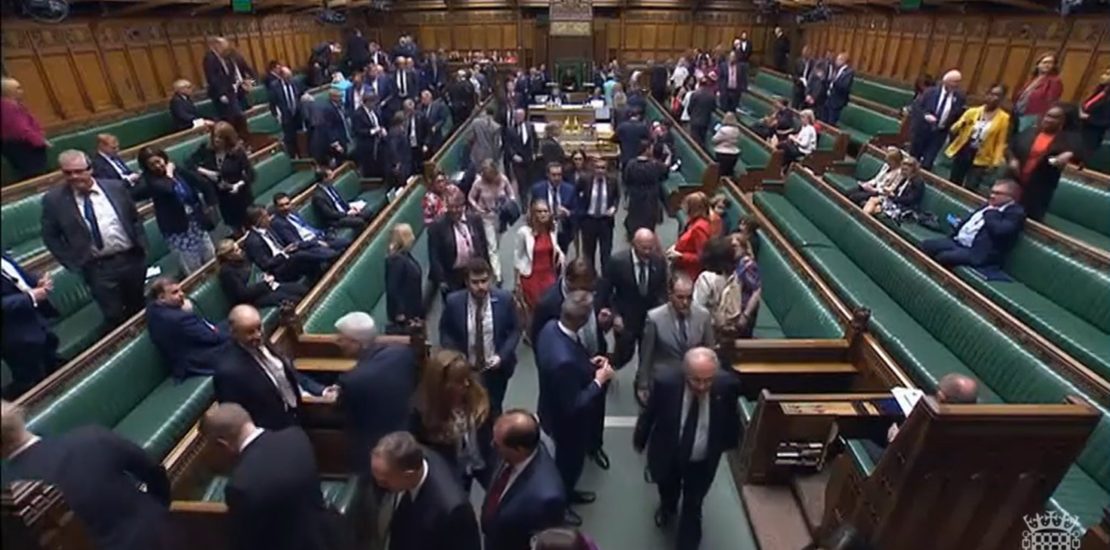- 13/06/2022
- Posted by: Valerie Vaz MP
- Category: News

The Higher Education (Freedom of Speech) Bill proposes legislative changes concerning freedom of speech at universities and higher education providers, and in Students’ Unions. These include allowing individuals to bring legal proceedings against a provider or Students’ Union if they are deemed to be failing to protect freedom of speech or academic freedom, and setting up a new complaints system with the Office for Students. The Bill had its Report Stage and Third Reading on Monday 13 June 2022.
New Clause 4 would ensure that the holder of the position of Director for Freedom of Speech and Academic Freedom, established by the bill has not donated to a political party and cannot do so while in post. It would ensure that both Houses of Parliament and the relevant Select Committee have a say on the person appointed. It would also provide for the Secretary of State to set up an independent advisory panel to suggest a suitable candidate for appointment. Any Director on the sensitive and important subject of Freedom of Speech must be politically impartial. I voted to support the New Clause, which did not pass, Ayes: 150 and Noes: 282.
Amendment 17 would widen the definition of ‘academic freedom’ to include freedoms: to conduct research, to engage in intellectual inquiry and contribute to public debate, to criticise any institution, to be affiliated to any institution, and to be a member of a trade union body. This would bring the UK definition closer to that of UNESCO, safeguarding the freedom of academics to question received wisdom without fear of detriment by aligning with international standards. This is especially timely given the Government’s stated intention to scrap the Human Rights Act. I voted to support the Amendment, which did not pass, Ayes: 152 and Noes: 284.

